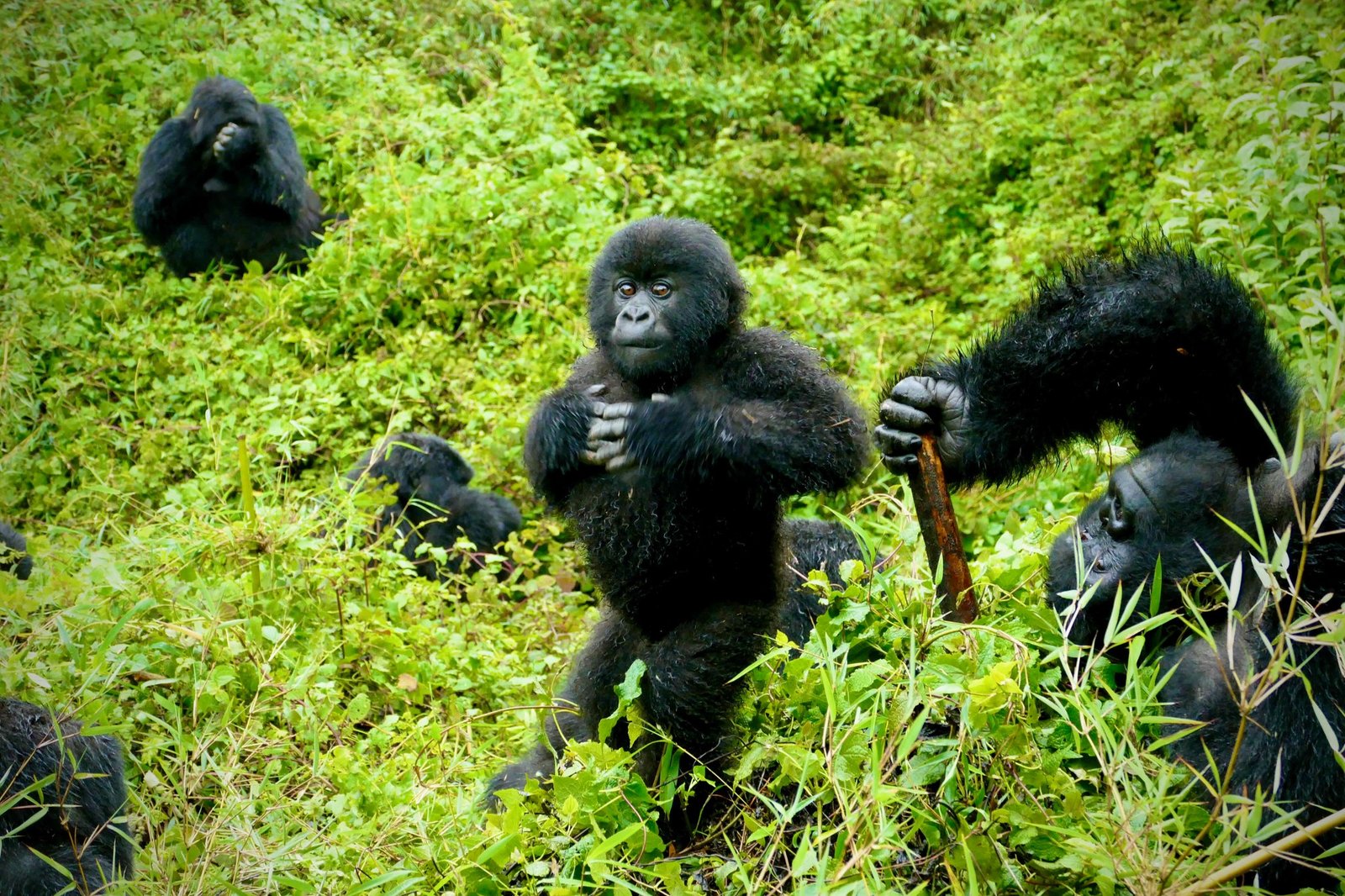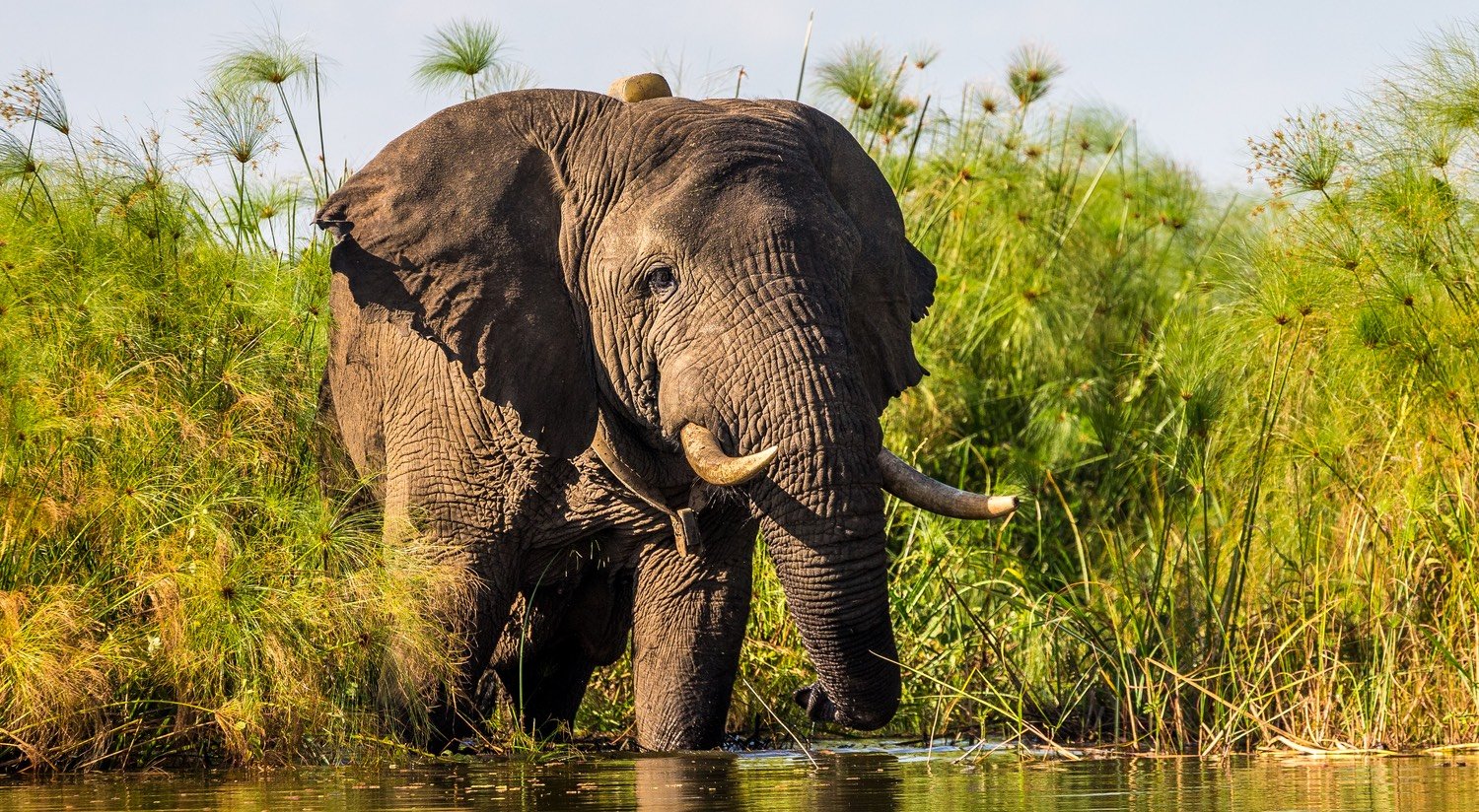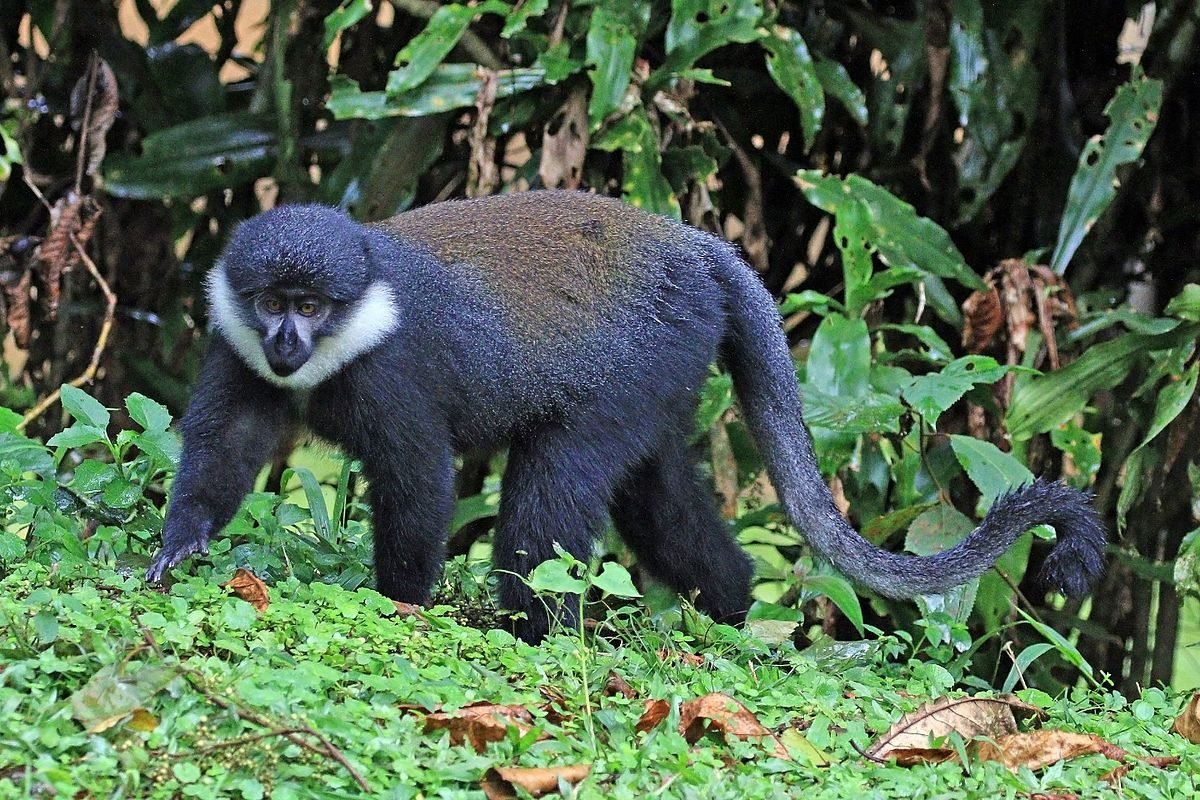🇷🇼 Rwanda
Vibrant, green, and remarkably forward-thinking, Rwanda lies in the heart of Africa and ranks among the continent’s most biodiverse nations. Known as the “Land of a Thousand Hills,” Rwanda offers lush landscapes, abundant wildlife, and a deep commitment to environmental conservation.
The capital city, Kigali, is a model of modern urban planning — widely praised for its cleanliness, safety, and progressive policies such as the ban on plastic bags and monthly car-free days that promote healthy living and sustainability.
Rwanda’s strong dedication to nature is reflected in its ambitious reforestation programs and efforts to protect endangered species such as the mountain gorilla, making it a shining example of eco-conscious tourism in Africa.
Key Facts at a Glance
Population: Approx. 14.2 million
Currency: Rwandan Franc (RWF)
Geographic Size: 26,340 km²
Best Time to Visit: Year-round — mild climate and varied attractions throughout all seasons
Official Language: Kinyarwanda (English and French are also widely spoken)

Volcanoes National Park
The world-renowned park where you can track the endangered mountain gorillas, an experience that will leave you in awe..
Nyungwe Forest National Park
A rainforest paradise with chimpanzee tracking, canopy walks, and rich birdlife for nature enthusiasts.


Akagera National Park
A true African safari experience with the Big Five, including lions, elephants, and rhinos, set in the beautiful landscape of Rwanda’s eastern plains.
Gishwati Mukura National Park
A hidden gem with scenic beauty, offering wildlife encounters and trekking opportunities in a less explored area of Rwanda.

Frequently Asked Questions
General
Rwanda Safari Holidays | Primate Treks & Big Five
Warning: Undefined array key "query_post_offset" in /home/gosafari/public_html/wp-content/themes/betheme/functions/builder/class-mfn-builder-front.php on line 1401
